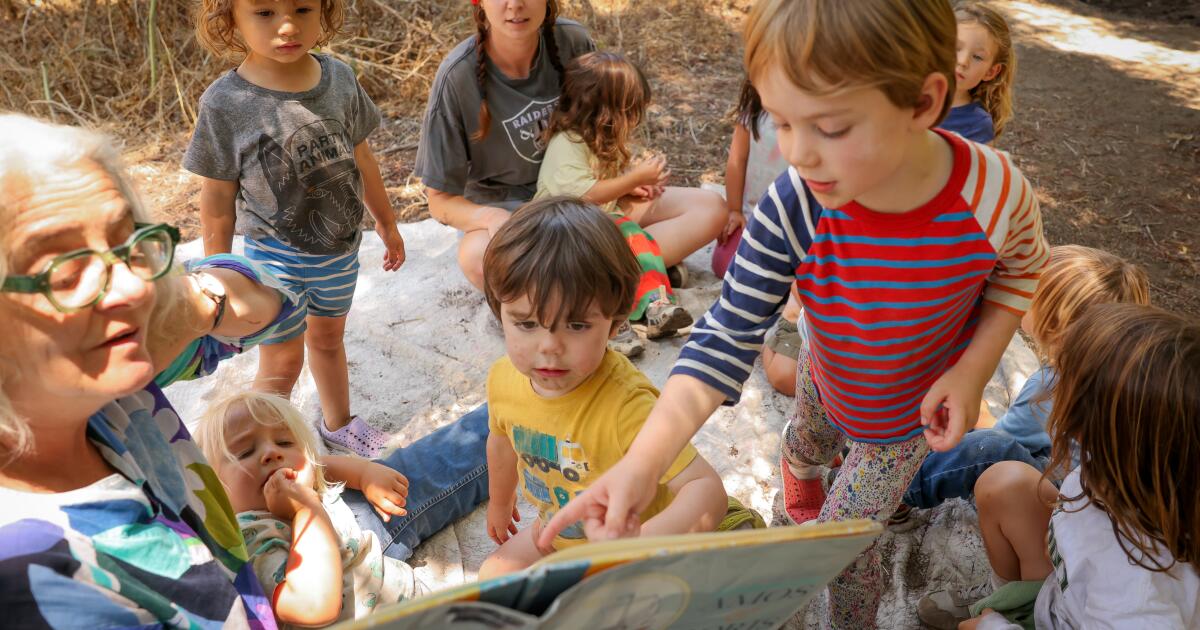
Children are stuck inside, glued to screens. Are ‘forest schools’ the antidote?
LA TimesOn a glorious summer day, a preschooler named Roger teetered on rocks dotting a creek in eastern Orange County, unsure if he could make it back to where his classmates and caregivers were waiting. Nature-based education — sometimes called forest schools, nature preschools or outdoor kindergartens — is based on a straightforward premise: “that it’s really good to have kids outdoors a goodly chunk of their day,” said David Sobel, professor emeritus at Antioch University New England and author of “Beyond Ecophobia: Reclaiming the Heart in Nature Education.” Indeed, researchers have found nature-based learning supports creativity, resiliency, executive function, school readiness and a host of other benefits for the body and mind. Another reason is early education tends to be more flexible than grade school in terms of structure and regulation, or as Sobel puts it: It’s “less riddled with academic expectations so it’s a place where the innovation could happen easier.” Many programs strive to develop environmental literacy, which can broadly be defined as understanding and caring about environmental issues and having the skills needed to work toward solving them. Becca Hackett-Levy, founder and director of Northeast L.A. Forest School, said learning about climate change “can start the day they come out of the womb.” It’s not about discussing the science or overarching concepts, but “about being present in nature and seeing what we as humans are doing.” Children also experience it firsthand. Fabienne Hadorn, co-founder of the Arroyo Nature School, which operates outdoors in a public park in Pasadena, said the topic sometimes comes up as children ask questions and make observations.
History of this topic
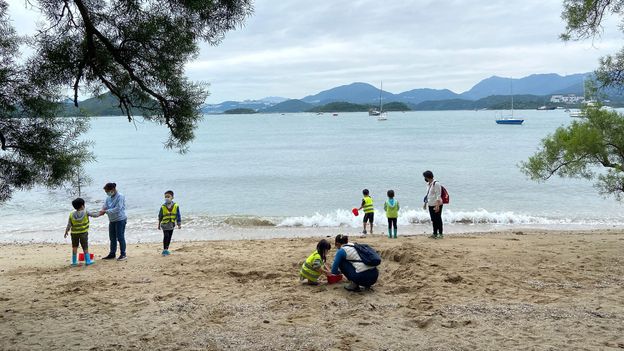
Do children learn better in forest schools?
BBCDiscover Related

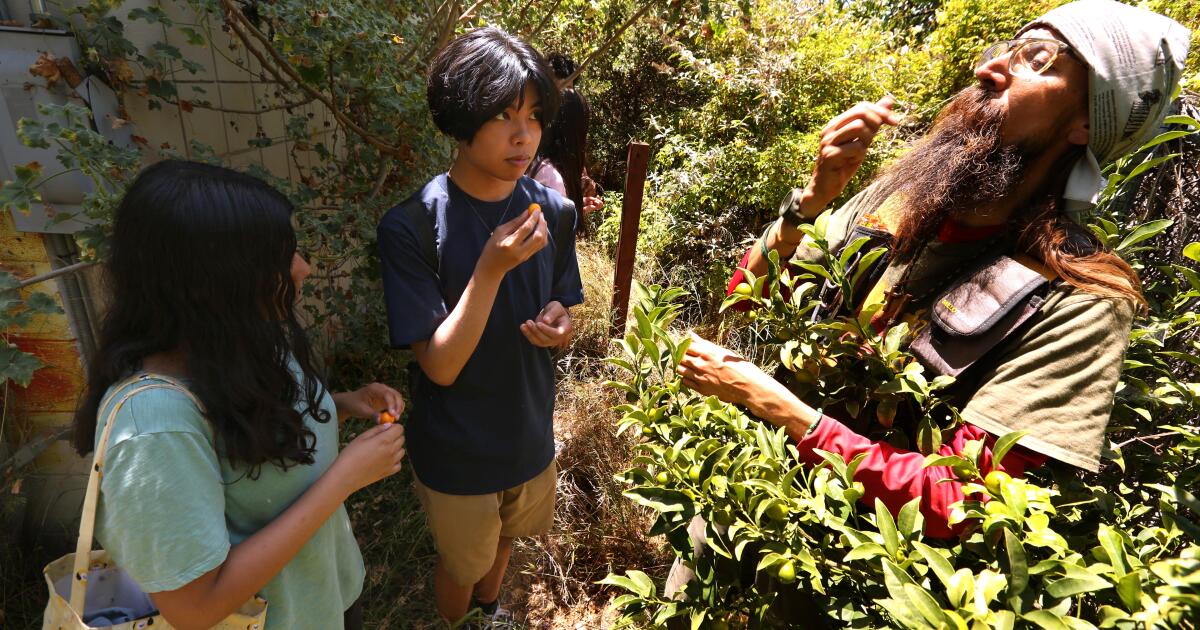


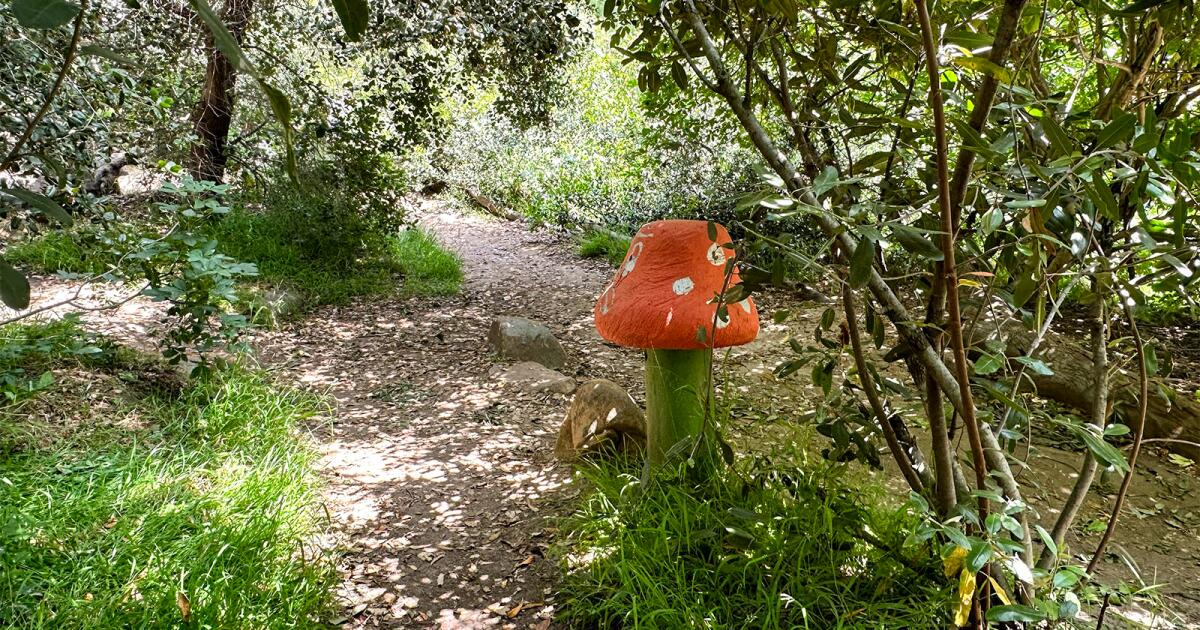

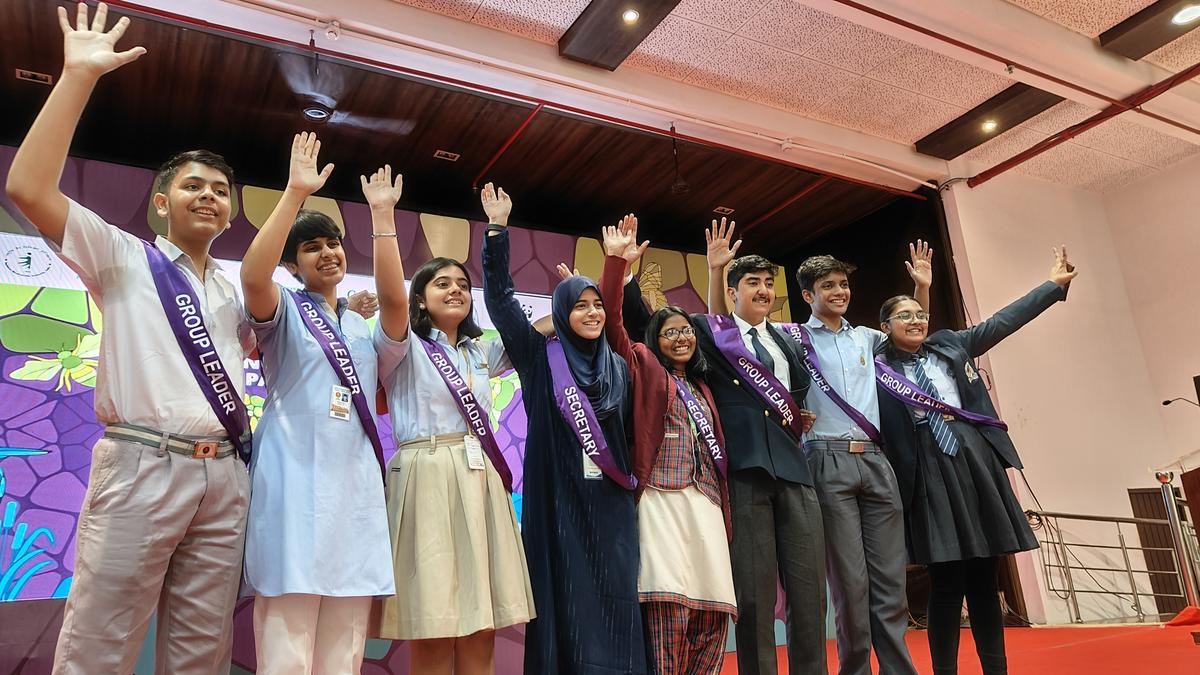

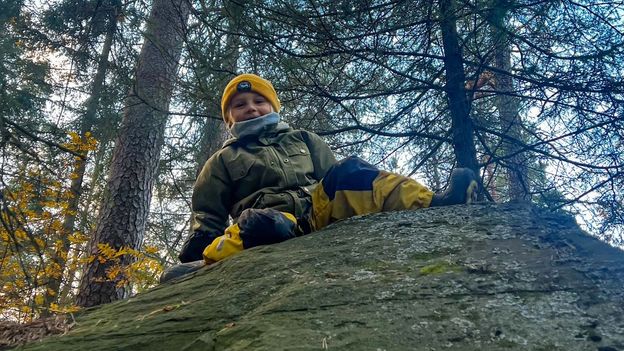

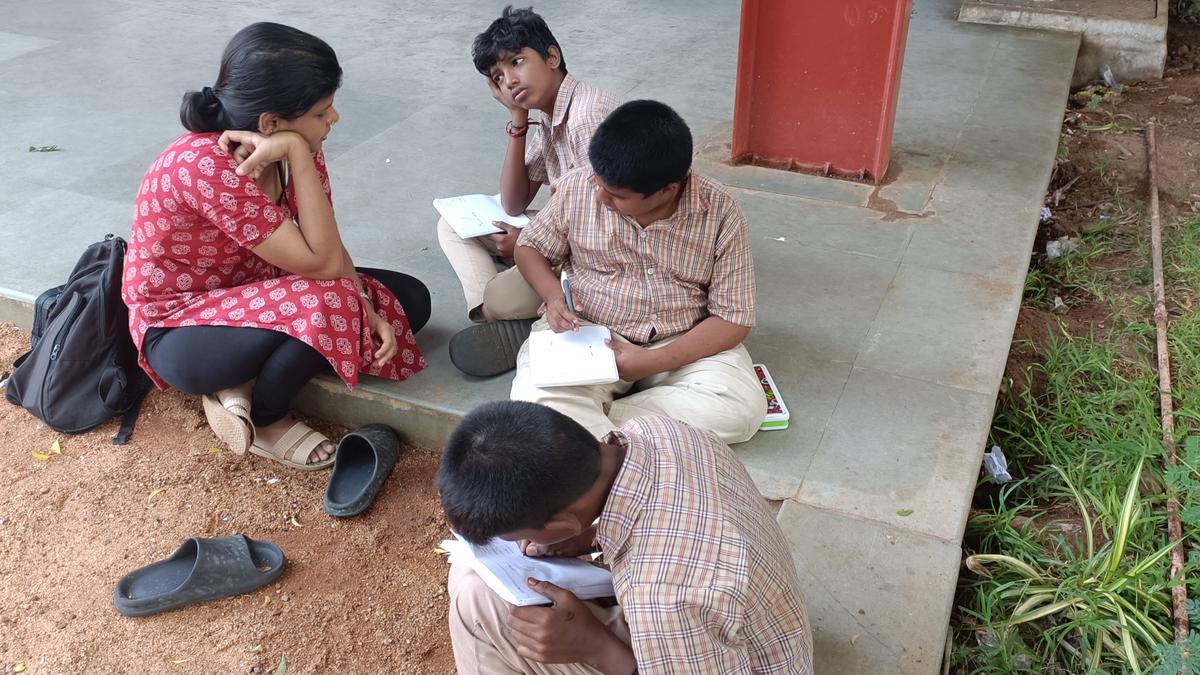





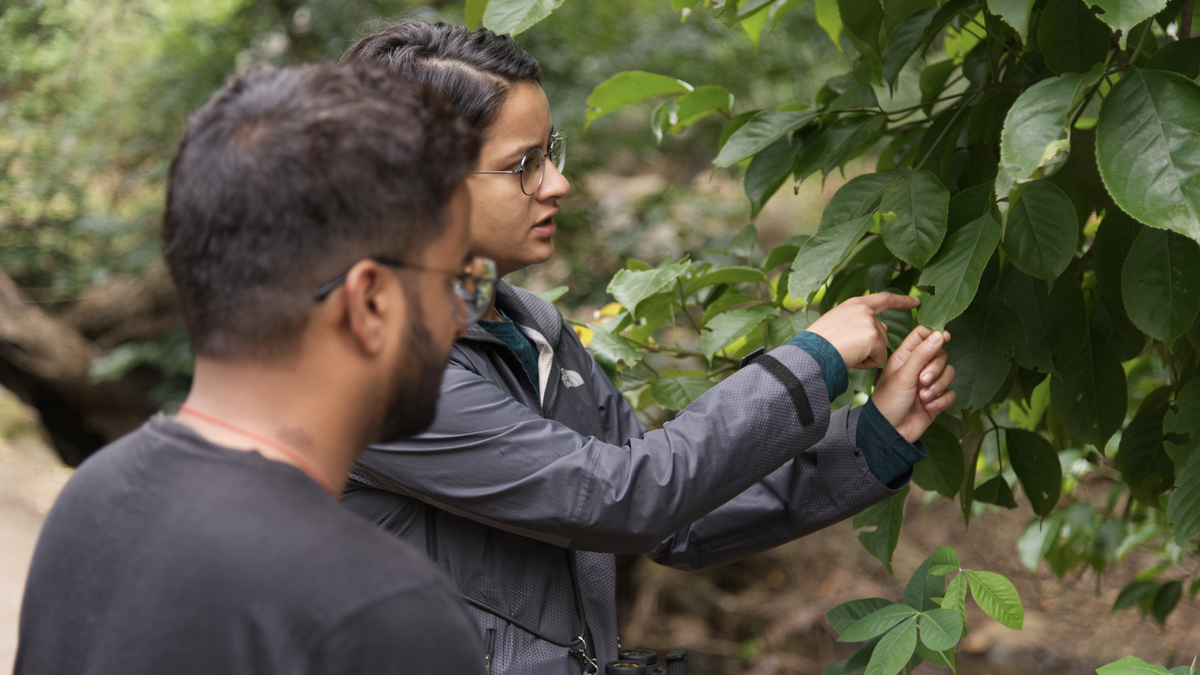
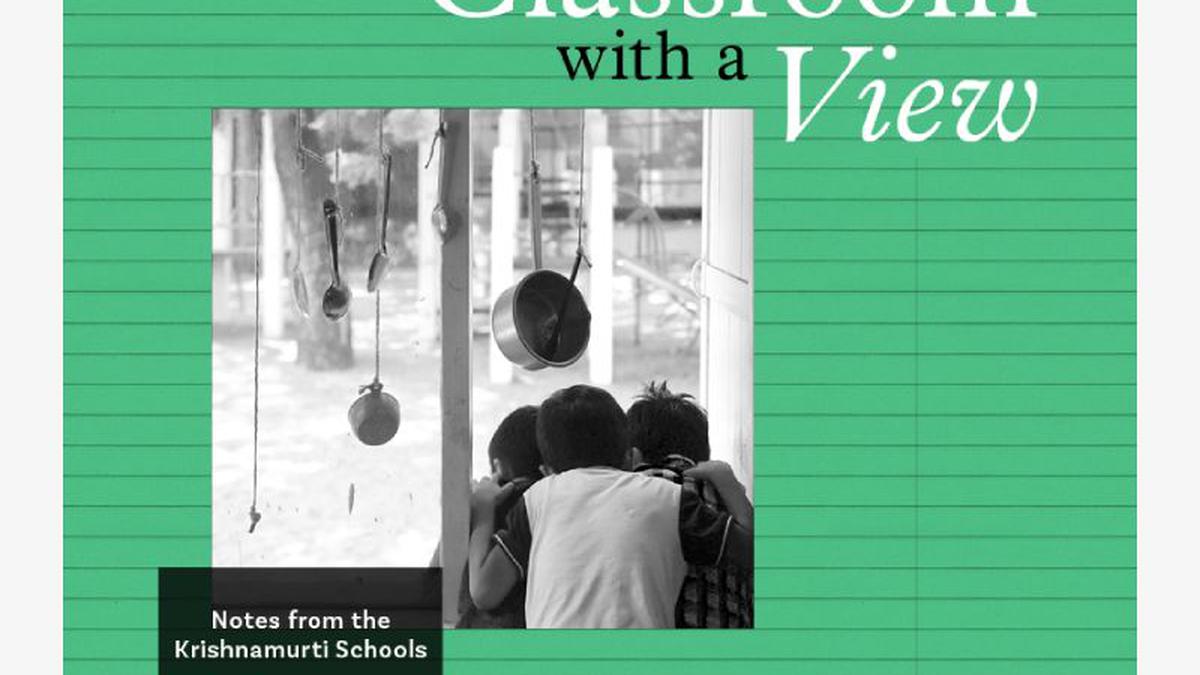
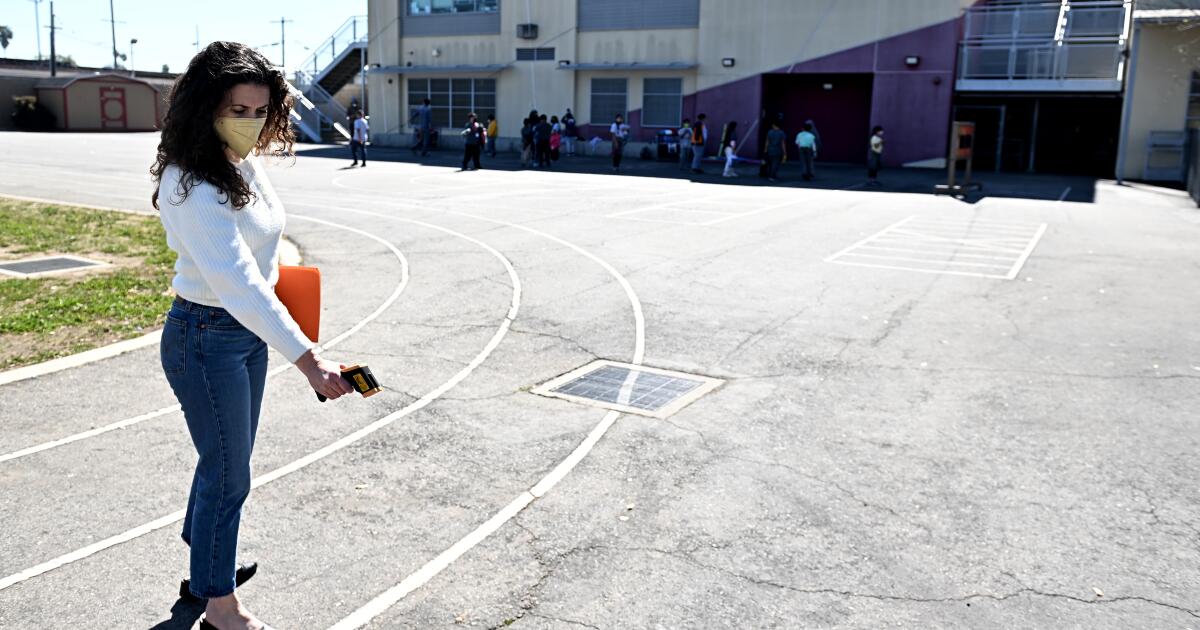



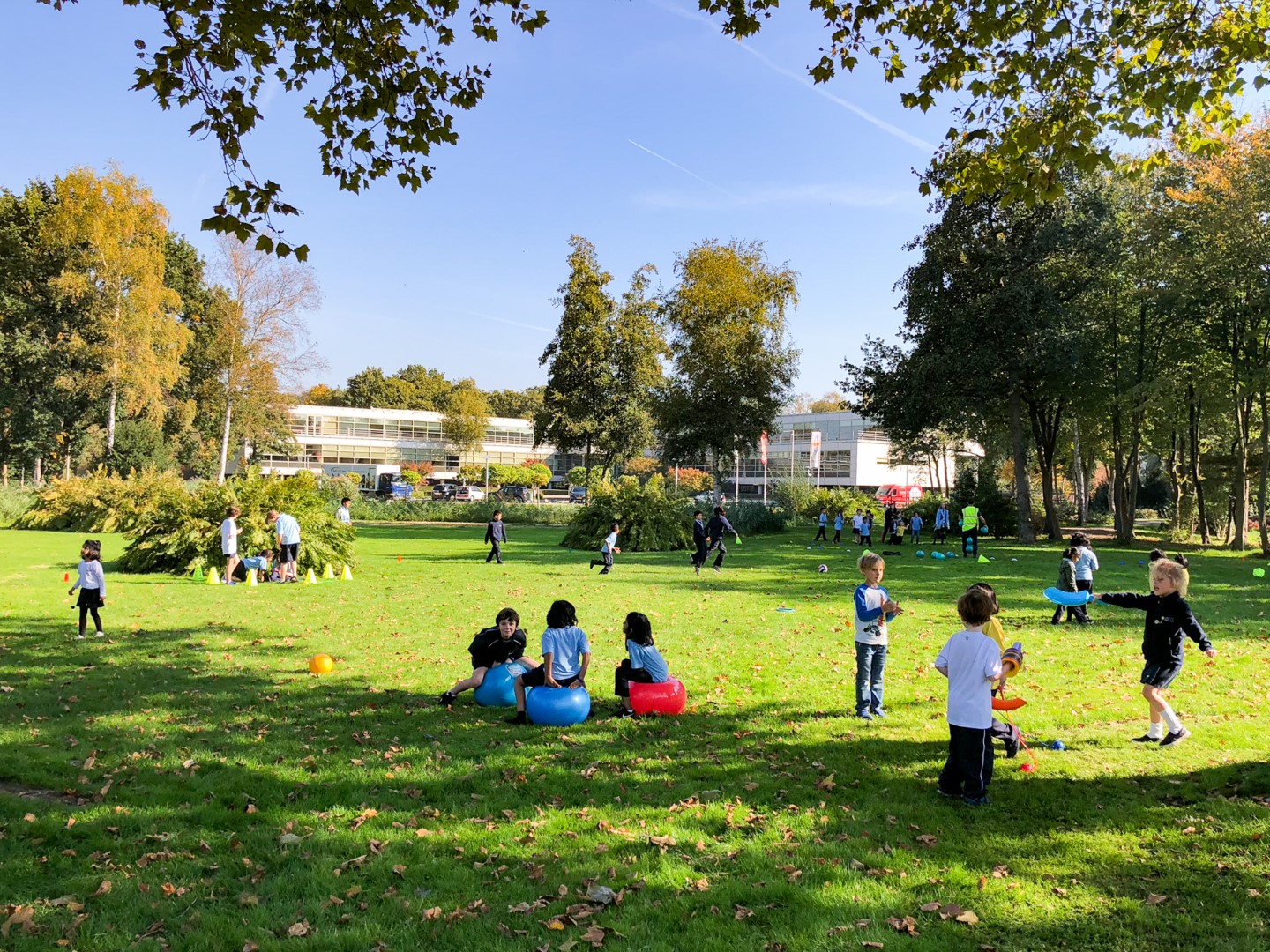
)

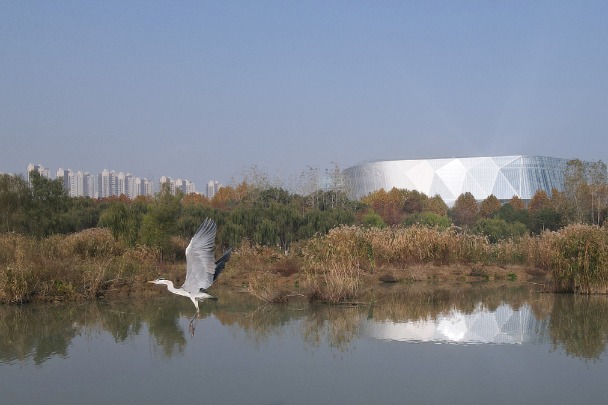
)